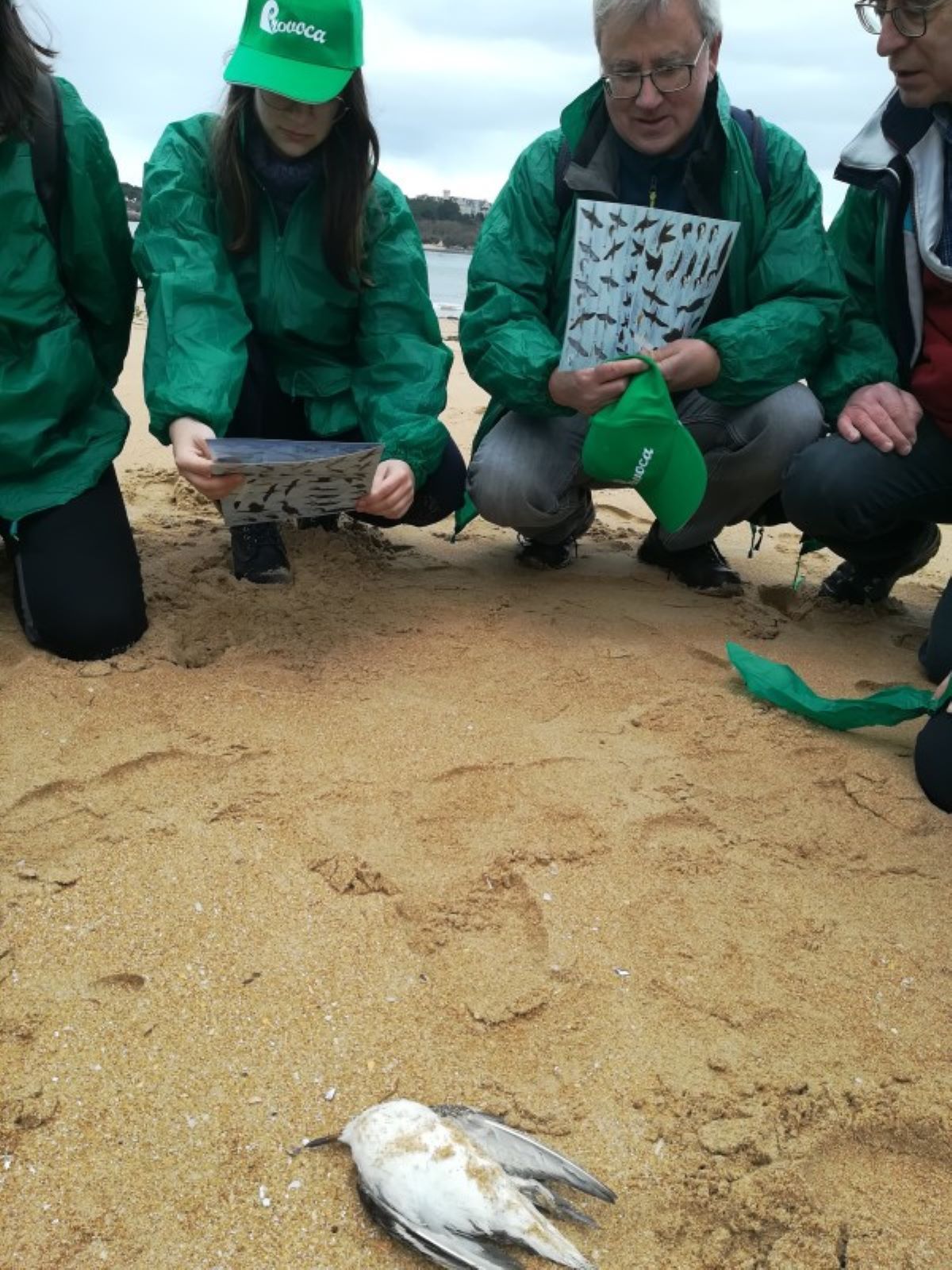The Cabo de Gata-Níjar Natural Park (Almería) hosted a workshop on seabirds in the framework of the LIFE SeaBiL project. SEO/BirdLife presented the results of the new ICAO app to record seabird mortality on the coasts of France, Spain and Portugal.
Coordinated by the LPO (Ligue pour la Protection des Oiseaux), the LIFE SeaBiL (Saving Seabirds from marine Litter) project aims to increase knowledge, raise public awareness and assess the impact of marine litter, especially plastics, on pelagic and coastal bird populations, a group of avifauna that, due to their habits and inaccessibility, is not always given the necessary attention. French, Spanish and Portuguese partners are working in different parts of the Atlantic Arc with the same common goal.
The SeaBiL project has scheduled several workshops and seminars. The first of these was held last year in the Urdaibai Biosphere Reserve. This time it was the Cabo de Gata-Níjar Natural Park where experts from Portugal, Spain and France met in the seminar “Tools for monitoring seabirds”. The program of presentations focused on showing the first results of the joint program that is being promoted in the three countries for the monitoring of seabirds.
 © Oriol Alamany
© Oriol Alamany
Paulo Lago, technician of the marine program of SEO/BirdLife and responsible for the ICAO app explains that “There are already more than 600 users of the application since its launch who have provided more than 1,500 records along the Spanish coast, which is increasing with the addition of French and Portuguese users”.
“In a world in which our fauna and flora are increasingly threatened, the importance of these actions lies in the need to have as much information as possible on the state of their populations and to know their threats.Thus, thanks to a wide network of collaborators, it has been possible to translate into numbers part of the event of mass mortality of seabirds on our coasts, which occurred in January and February 2023. The phenomenon took place on the Atlantic coasts, registering, for example, 901 specimens on the beaches of Cantabria, 885 in the Canary Islands and more than 2,000 individuals throughout Portugal, as Ludovico de Vega, SEO/BirdLife technician in the project, points out.
A network aimed at protecting seabirds
During the conference, which took place on Wednesday, October 4, the results of the work that several of the project’s collaborators have been carrying out on the coasts of Spain and Portugal were also presented.Such as associations dedicated to marine litter collection on the coast (the Portuguese Mar a Deriva), wildlife care centers (CREAs of Andalusia), and technicians of the Marine Protected Areas (Tragsatec-MITERD), in addition to the work carried out by the University of Cadiz in the Cabo de Gata-Nijar Natural Park and the rest of the Andalusian coast, aimed at understanding the causes of bird mortality through necropsies.and monitoring of the kentish plover, work directed by the researchers Marga Lopez Rivas and Mónica Expósito.